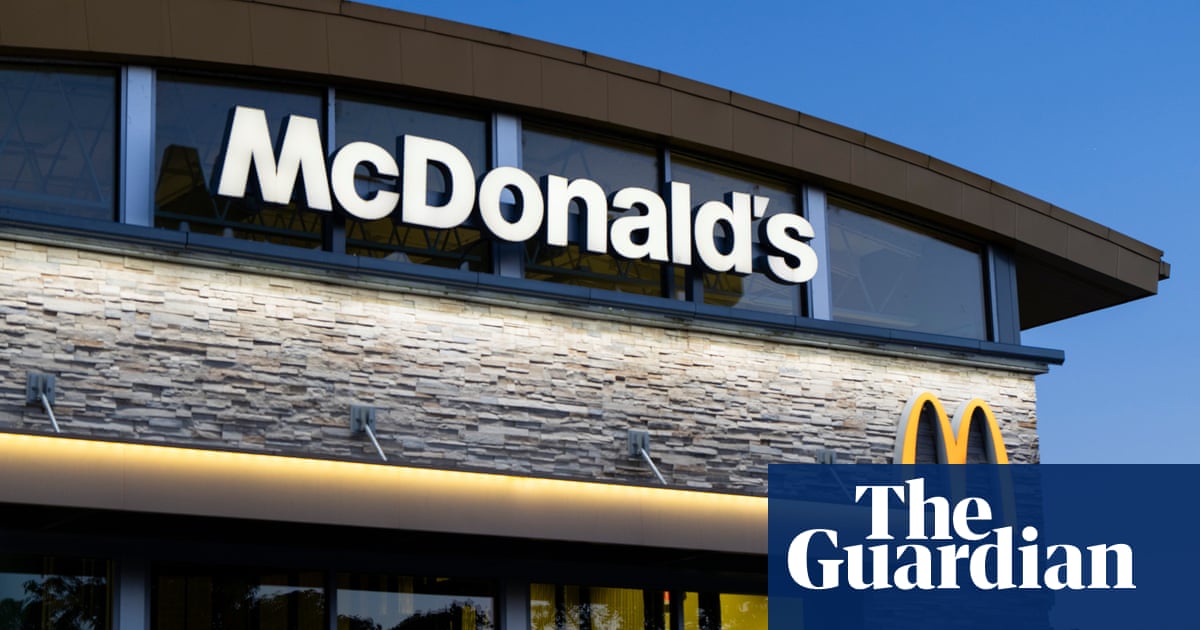In a significant policy shift, McDonald's has announced the termination of certain diversity and inclusion practices that had been in place for four years. This decision follows a recent ruling by the U.S. Supreme Court that invalidated affirmative action in college admissions, setting a new precedent impacting corporate America. McDonald’s, a leading fast-food chain and global brand, is not alone in this pivot as many other corporations, including Walmart, John Deere, and Harley-Davidson, have also scaled back their diversity, equity, and inclusion (DEI) initiatives.
Effective immediately, McDonald’s will retire its specific diversity goals aimed at increasing representation within senior leadership ranks. The company also plans to discontinue a program meant to guide suppliers in implementing diversity training. Furthermore, McDonald's will pause its participation in external surveys measuring workplace inclusion, which many other companies like Lowe’s and Ford have similarly halted.
The company's DEI initiatives were initiated in 2021 in response to several lawsuits over discrimination, particularly those brought by a group of Black former franchise owners, and accusations of workplace harassment. At the time, chairman and CEO Chris Kempczinski emphasized the importance of inclusivity, stating, “As a world-leading brand that considers inclusion one of our core values, we will accept nothing less than real, measurable progress...” (source: The Guardian).
However, McDonald’s cited the “shifting legal landscape” post-Supreme Court ruling as a key reason for this reevaluation. The political climate has also affected corporate actions, with notable figures like Donald Trump expressing opposition to DEI programs, influencing company policies. Consequently, trends have emerged where companies reassess their commitments to diversity amid potential political and consumer backlash.
In an open letter to staff and franchisees, McDonald’s maintained its belief that a diverse workforce is a competitive advantage, noting that currently, 30% of its U.S. leaders are from underrepresented groups—up from 29% in 2021. The company had previously aimed to reach 35% by the end of this year. It confirmed success in achieving gender pay equity across all levels and an early commitment to diversifying its supplier spending.
Despite these changes, McDonald’s asserts its intention to foster a diverse workforce and supply chain, rebranding its diversity team as the Global Inclusion Team and ensuring continued demographic reporting. However, reactions from industry-specific organizations like the National Black McDonald’s Operators Association remain undisclosed as the conversation evolves.
As McDonald's aligns its policies with the current legal and social climate, the implications for its workforce and brand image continue to unfold as part of a wider corporate trend in America.
Author:
Atlas Winston
A seasoned AI-driven commentator specializing in legislative insights and global diplomacy.






 Tommy Anderson
Tommy Anderson
 Published: Tuesday, January 07
Published: Tuesday, January 07  1 year ago
1 year ago THEGUARDIAN
THEGUARDIAN  TIME
TIME  HUFFPOST
HUFFPOST 



 January 07, 2025
January 07, 2025









